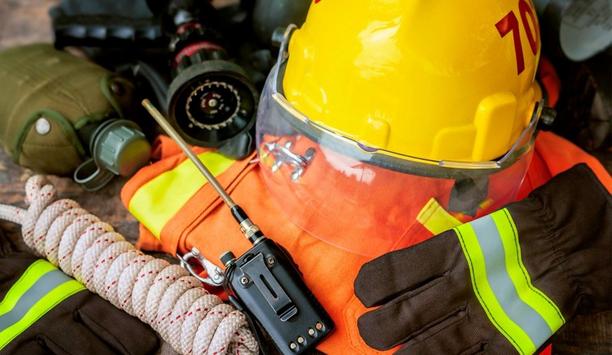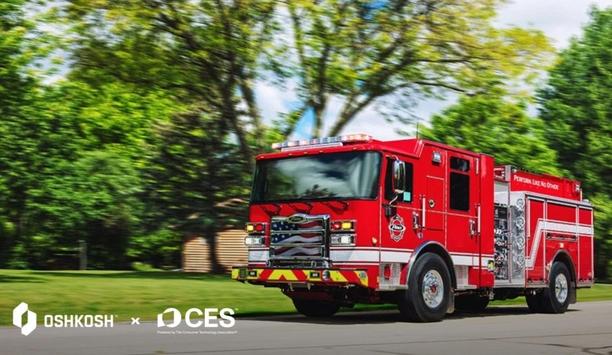 |
| All devices in the FIREwave range are powered by standard lithium batteries |
Hochiki Europe’s new FIREwave wireless fire detection system forms part of Hochiki’s market leading range of innovative systems that offer unrivalled levels of flexibility, reliability and usability.
Third party approved and EN 54 compliant, FIREwave is specifically designed for use in locations where minimum disturbance to the fabric of the building is important. Its advanced wireless communication protocol delivers fully intelligent field device integration and allows analogue values, fire and fault information, device addresses and type codes to be transmitted directly to the system’s control panel.
Translator modules can be connected onto the control panel loop wiring with wired field devices to form a hybrid system. Each translator module communicates with up to 100 field devices via a proven wireless protocol, processing the messages received and transmitting information about themselves and the devices they support to the system's control equipment. The field devices have a range of 150m but where greater distances are required the system can be supplemented with a range of expander and router modules.
In order to provide a secure and stable service that reduces unwanted alarms, the system also uses a selection of automated adjustment technologies including channel hopping, amplitude adjustment and drift compensation.
All devices in the FIREwave range are powered by standard lithium batteries that are economical and environmentally friendly. Battery life of up to five years can be expected from the primary cell followed by a further two months from the secondary cell. All batteries are continually monitored for a low battery condition, which is then indicated at the control equipment.
‘FIREwave is an exciting addition to our existing range of life safety products,’ commented Stuart Davies, Hochiki Europe’s marketing manager. ‘It can be installed quickly and easily and the fact that it can be used in conjunction with a wired solution offers unsurpassed levels of flexibility for buildings where the internal structure must not be disturbed.’











